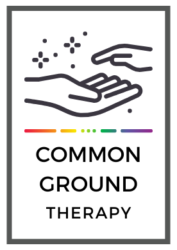By YanLin Tso
As both a therapist and a neurodivergent person who has sought therapy, I recognize an unusually strong desire for autonomy and a fear of losing my autonomy in therapeutic settings. I write this article as a continuation of my previous blog article on PDA. I also want to affirm that having a sense of autonomy is a legitimate need that anyone in therapy needs to feel they have at all times. If a therapist is unable to affirm your right for autonomy then you can and probably should make the choice to go to a different therapist.
On the other hand, it is possible that the fear of loss of autonomy comes from a tendency to fawn to authority figures.
In the framework of Internal Family Systems, we may have a fawning part as a coping mechanism that likely arose in reaction to a parent or caregiver who wasn’t able to affirm your autonomy.
Fawning is hard to control as it is part of a trauma response. It is not fully voluntary.




